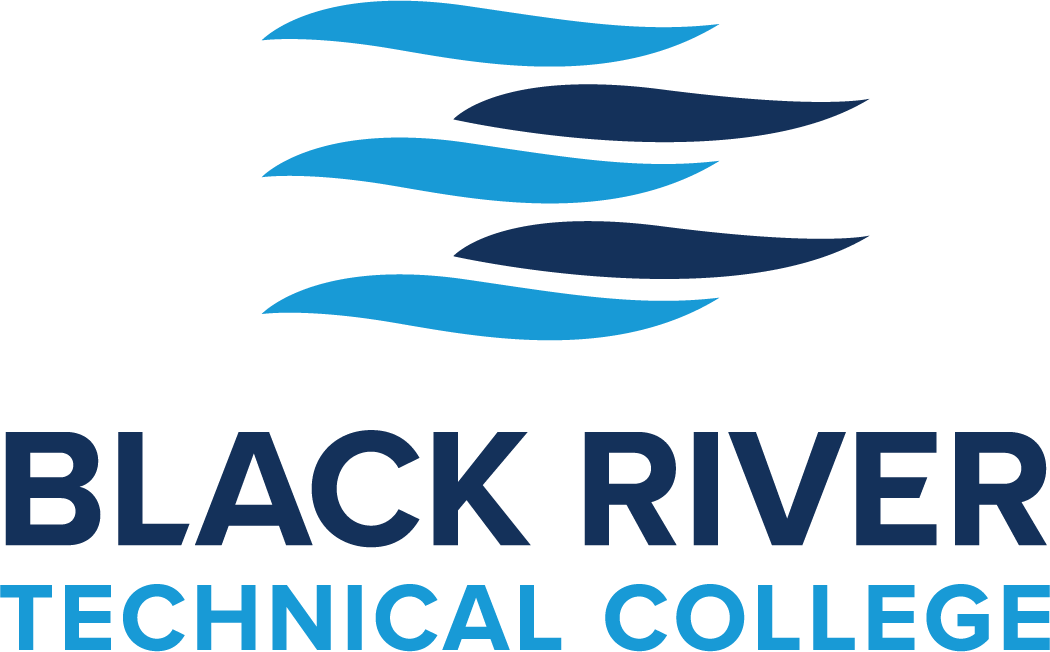With flexible offerings provided through distance education at Black River Technical College, there is no longer an excuse to delay college due to an unpredictable or busy schedule!
Looking to transfer to a four-year college? We offer several 100% online degrees and certificates! We also offer many programs where at least half of the required courses are available online or hybrid. All of our programs are accredited by the Higher Learning Commission and are approved by the Arkansas Department of Higher Education and the State Board of Vocational Education. Take a look at our full course and program list.
Types of DE Classes
Distance Education Programs
Online Student Orientation
Moodle is BRTC’s online course management system. It is used in a variety of ways:
- All online, hybrid, and technologically enhanced courses are offered on Moodle.
- Many on-campus classes utilize Moodle to display students’ current grades, post syllabi and course documents, and provide an area for students to talk outside of class.
- Some faculty advisors communicate with their advisees via Moodle.
All students, even those not in an online course, can access Moodle. You can access Moodle via myBRTC on your device, tablet, or computer.
Technical Requirements
Distance Education Resources
Our DEIT Team



B.A., University of Arkansas at Little Rock; M.S., Arkansas Tech University

Moore, Regina




 oodle FAQs
oodle FAQs